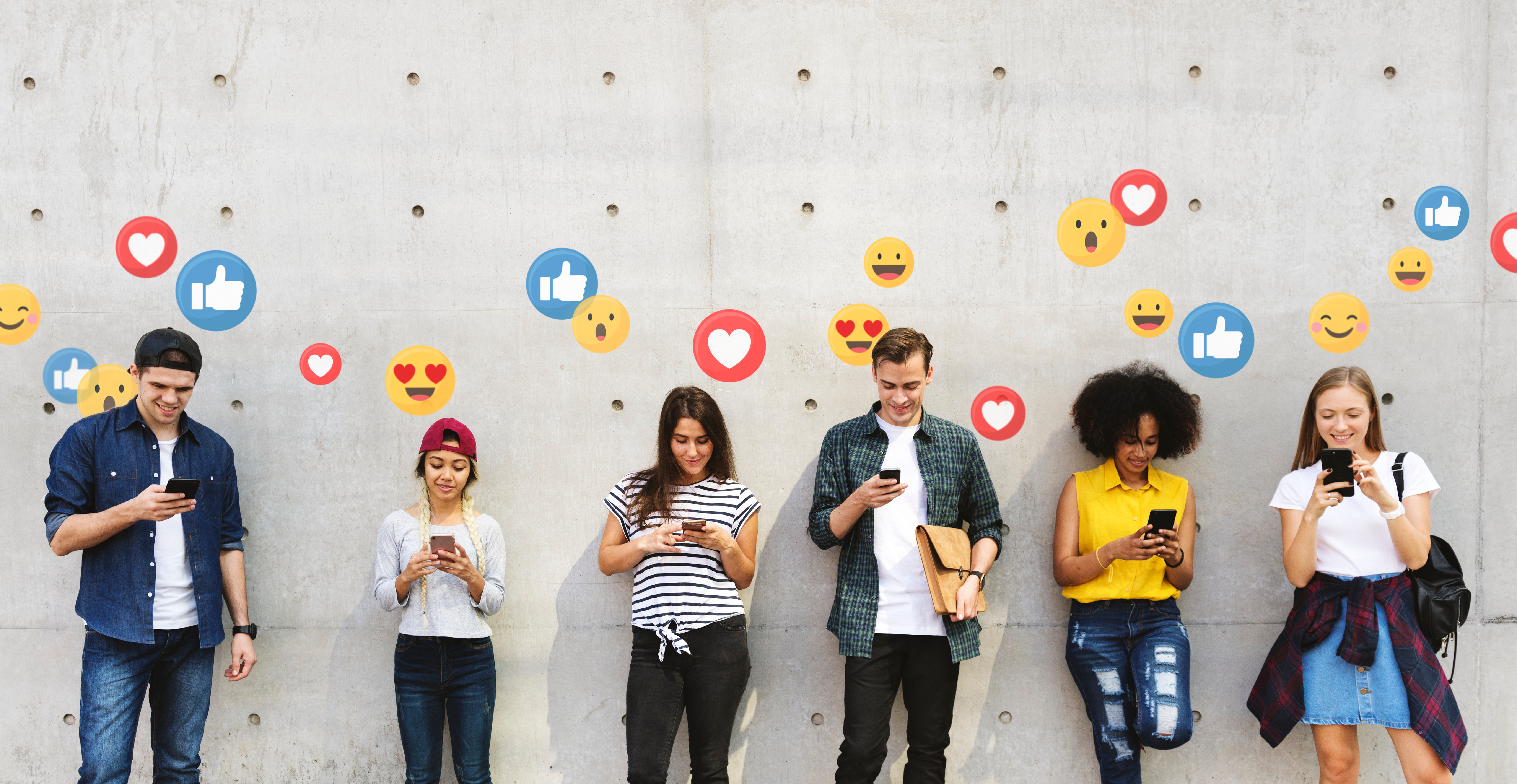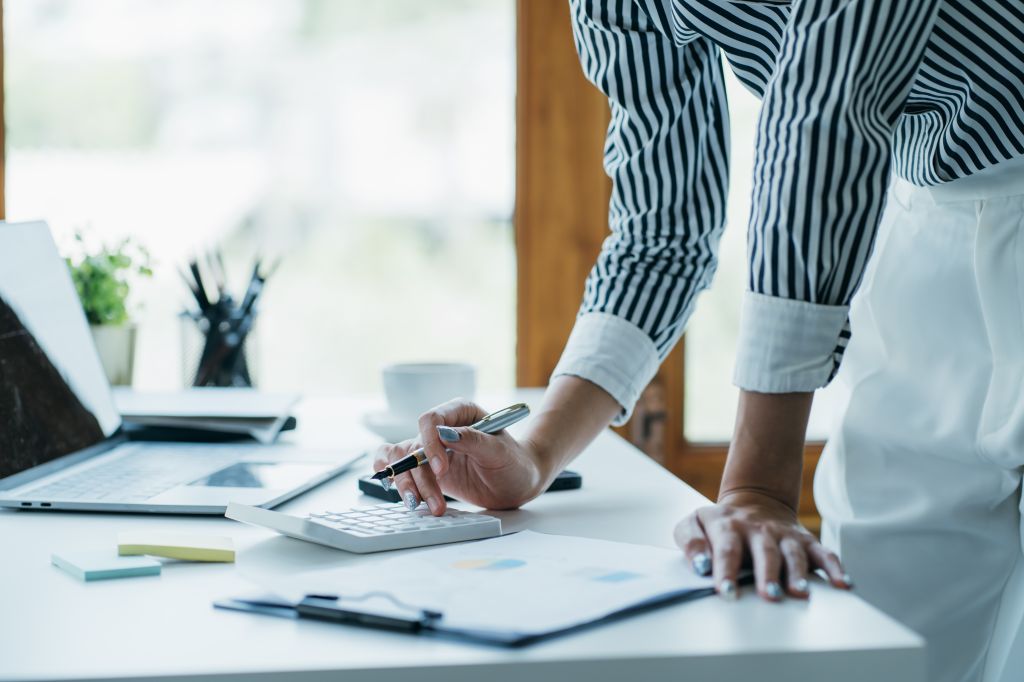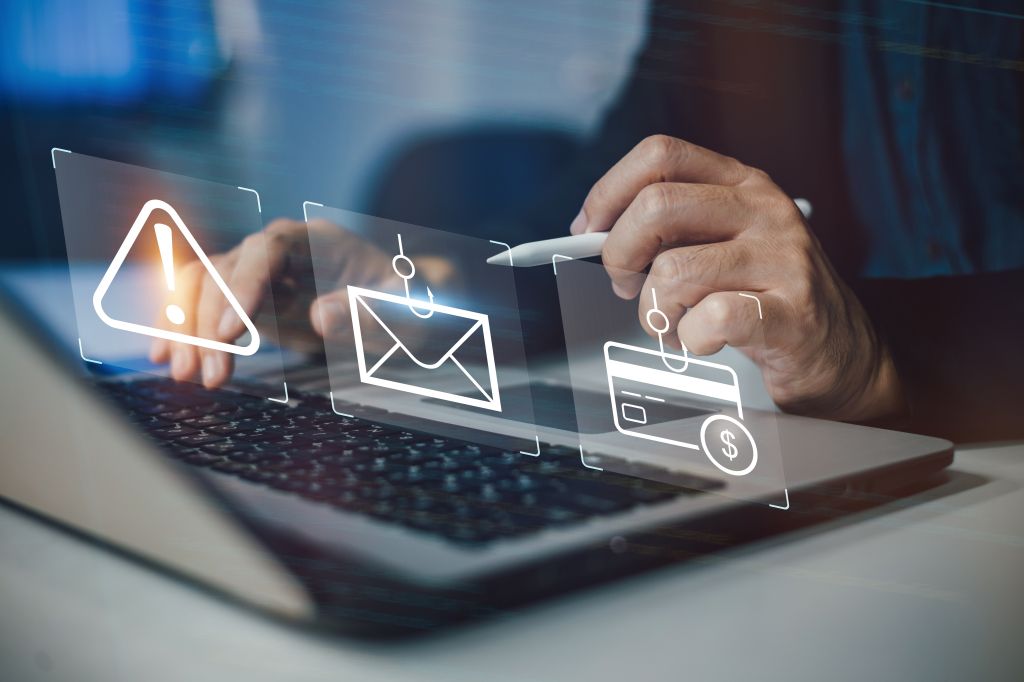Published September 16, 2024 • 5 Min Read
Social media hacking is so prevalent that roughly two out of five Americans have had at least one account hacked and nearly 90 percent know someone whose account has been hacked. Most users consider hacking of their socials a “when” versus “if” scenario – 70 percent are concerned they’ll be next.
How and why social media account hacks happen
When a hacker gets into your social media accounts, they can take them over and pretend to be you. They can post photos and videos, send messages and change personal information from within your account.
Why are these hacks so commonplace? Most notably, because they contain a wealth of information that can be valuable to hackers. In many cases, social media accounts contain personal data such as a user’s name, email address and birthdate. Add to that the photos, videos, posts and messages stored within the account and hackers have everything they need to steal an identity, engineer a scam for money or more data, or to sell your information to the highest bidder on the dark web.
There are several ways hackers can gain access to your social media account.
-
Public Wi-Fi: When you log into your social media accounts through public Wi-Fi, you are logging in via an unsecured network that anyone can gain access to.
-
Phishing schemes: Phishing attacks could be delivered through a message or link that asks you to confirm your personal information. Sent through a direct message or post, it can be difficult to spot a legitimate message from a phishing attempt.
-
Quizzes or games: While quizzes on social media may seem harmless and a fun way to spark conversations with friends, they can sometimes be a part of a social engineering scam designed to get information out of you. Often these quizzes ask questions such as the name of your first pet, the name of the road you grew up on, or your first car – however, these same questions are examples of what you may be asked to access your social or accounts (i.e., your banking).
-
Posing as a “friend”: A common scheme is to pose as a friend who then asks you for help getting back into their own social media account. The message may include a malicious link which, when clicked on, gives access to the hacker.
How do you know you’ve been hacked?
Not all hackers will cut you off from your accounts right away and start posting on your behalf. Some gain access and track your activity in an effort to get an even fuller picture of your profile and connections. Either way, there will be some signs to look out for. For instance, you may receive an email about changing your username, password, email or account settings or logging in from devices or locations you don’t recognize. Most damaging, however, is seeing posts made by your account that you didn’t make. There have been many high-profile cases of celebrities getting their accounts hacked and sending out fake or offensive posts that weren’t caught before the hack was noticed.
How to protect your social media accounts
Whether you get some kind of alert that indicates your social media account has been compromised, you suspect suspicious behaviour, or you simply want to boost the security on your accounts, here’s what to do:
-
Reset your password. Be sure to create a strong password and make it unique to your account – don’t use the same password for other accounts you have, especially your banking accounts. While you’re at it, change your passwords on other accounts where there may be duplication.
-
Enable multi-factor authentication. This is an extra layer of security in that it asks you to verify your identity using two methods when logging in.
-
Enable new device login alerts. Login alerts let you know if someone has logged in from a location or device you don’t recognize.
-
Think twice before clicking on links. Whether you get a message about a quiz, contest or attractive sale, make sure it’s from a legitimate source before opening and clicking through to the link. It can be wise to visit a company’s main website to see if the promotion is real rather than clicking through social media.
-
Make your account as private as possible. When your accounts are set to “private,” people have to ask permission to follow you, which limits your exposure to hackers.
If you know you’ve been hacked, be sure to let your friends / followers know, so that they don’t click on an enticing link your account has sent, such as a great deal on sunglasses or a new local restaurant. It’s also worth letting the platform know – you can take screenshots of any obvious activity that wasn’t made by you. Finally, do a full review of your accounts to check for any posts or messages that could be harmful to you or your network in any way – some hackers use social media accounts for cyberbullying, promoting dangerous challenges and posting inappropriate content.
While social media hacking is pervasive, you can protect yourself and your accounts with a few smart measures. Avoiding clicking on suspicious links, keeping an eye out for unusual posts or activity and bumping up your privacy settings can all make a big difference in keeping your account safe from hackers.
This article is intended as general information only and is not to be relied upon as constituting legal, financial or other professional advice. A professional advisor should be consulted regarding your specific situation. Information presented is believed to be factual and up-to-date but we do not guarantee its accuracy and it should not be regarded as a complete analysis of the subjects discussed. All expressions of opinion reflect the judgment of the authors as of the date of publication and are subject to change. No endorsement of any third parties or their advice, opinions, information, products or services is expressly given or implied by Royal Bank of Canada or any of its affiliates.
Any information, opinions or views provided in this document, including hyperlinks to the RBC Direct Investing Inc. website or the websites of its affiliates or third parties, are for your general information only, and are not intended to provide legal, investment, financial, accounting, tax or other professional advice. While information presented is believed to be factual and current, its accuracy is not guaranteed and it should not be regarded as a complete analysis of the subjects discussed. All expressions of opinion reflect the judgment of the author(s) as of the date of publication and are subject to change. No endorsement of any third parties or their advice, opinions, information, products or services is expressly given or implied by RBC Direct Investing Inc. or its affiliates. You should consult with your advisor before taking any action based upon the information contained in this document.
Furthermore, the products, services and securities referred to in this publication are only available in Canada and other jurisdictions where they may be legally offered for sale. Information available on the RBC Direct Investing website is intended for access by residents of Canada only, and should not be accessed from any jurisdiction outside Canada.
Share This Article






